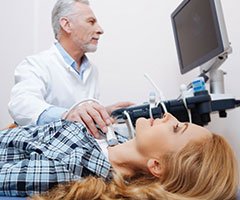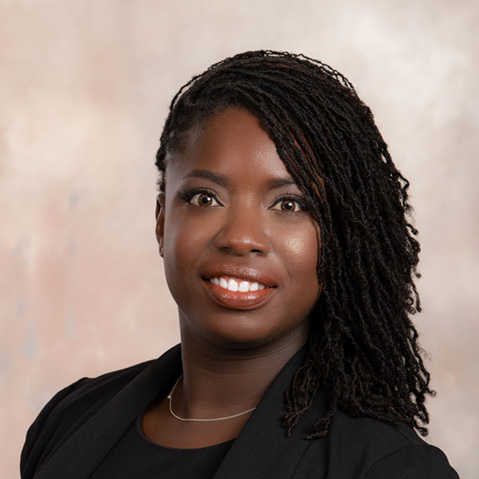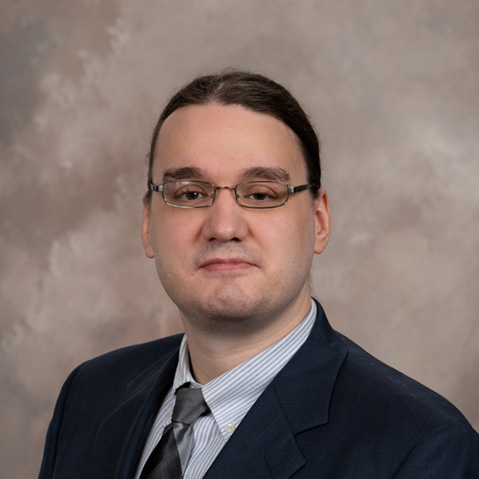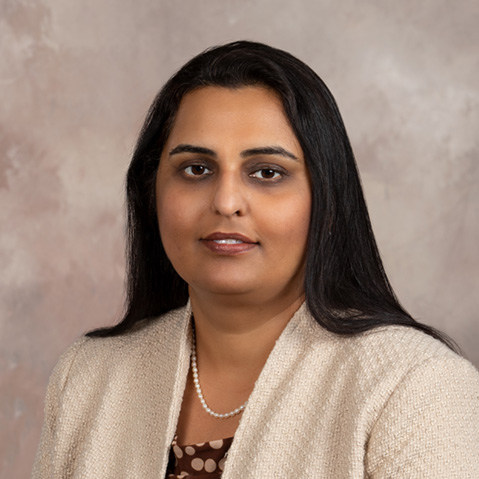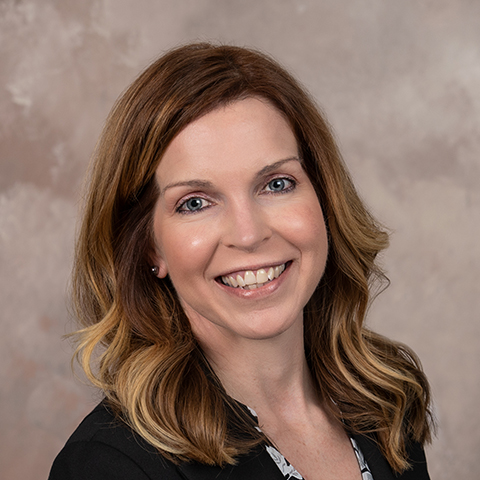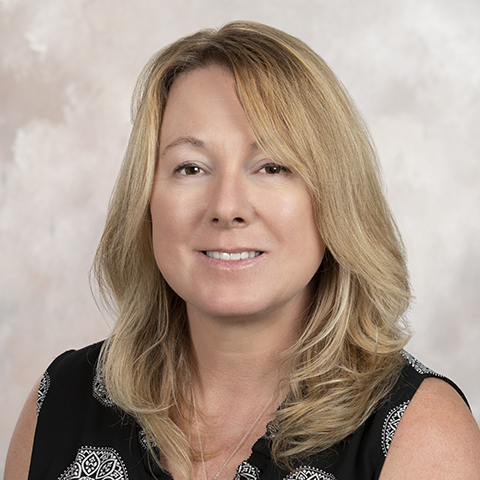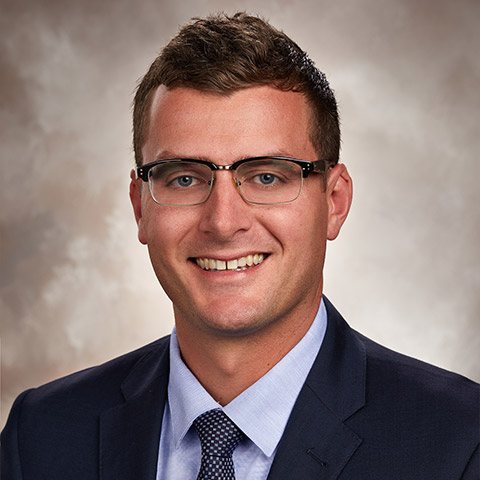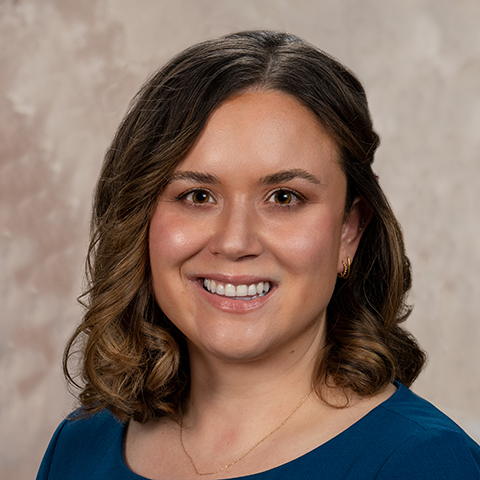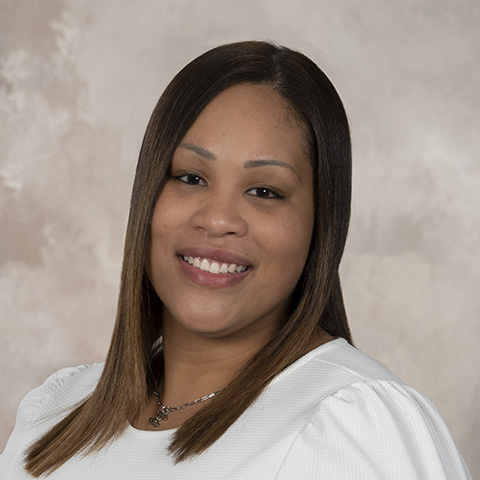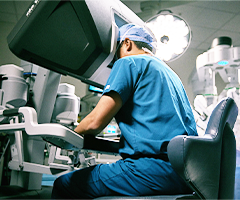Testicular Cancer
What is testicular cancer?
Testicular cancer mainly affects men ages 15 to 34 years old however it can happen at any age. Many men who develop cancer in one or both testicles will have little risk when discovered early. With early detection from a self-exam and speaking with your doctor, cancer can be cured before it spreads. The risk of death from testicular cancer is low. The 5-year survival rate is 95% according to the American Cancer Society.
What are the primary symptoms?
When an amorality is discovered in the testicles it will have a lump or other changes to the area. Some symptoms men have experienced are:
- A Pea-Sized Lump in One or Both Testicles
- Swelling of the Testicles
- Build Up of Fluid in the Testicles
- Pain or Discomfort in the Abdomen or Groin
- A Shrinking Testicle
What are the different types of testicular cancer?
There are two types of testicular cancer: seminoma and non-seminoma. It more often begins with a change in germ cells- these are the cells that produce sperm.
- Seminoma- This cancer type is mainly confined to the testicles and grows slowly
- Non-Seminomas- A more common form of testicular cancer that does grow faster than seminoma and can move into other parts of the body
How is testicular cancer diagnosed?
Doctors will use a series of tests to determine if a testicular tumor is present. They can use an ultrasound to discover the disease. If the ultrasounds shows cancer then surgery is performed to remove the cancer. An imaging test is performed at one of our Lee Health outpatient imaging locations.
-
Ultrasound
Ultrasound, or sonography, uses sound waves to create pictures of organs, veins, and arteries, or an unborn baby. Ultrasound near me in Fort Myers, Cape Coral, and Bonita Springs.
How is testicular cancer treated?
Testicular cancer is most common in men ages 15-34 years old and is usually curable. Risk factors include having an undescended testicle, family history, Klinefelter syndrome, and being Caucasian.
There are multiple approaches to treating testicular cancer. Our expert urologic oncology staff will be able to help create a personalized plan for each patient's type and stage of cancer. You have a few options to consider:
- Surgical Treatment
- Chemotherapy
- Radiation Therapy
How to do a testicular self-check
There is not standard or routine screening test. Men should perform a self check once a month and document any changes in your testicles. To perform a self examination follow these steps:
- Best to exam testicles during or after a shower when the scrotum skin is relaxed
- Hold penis out of the way and examine each testicle separately
- Hold testicle between thumb and finger with both hands and roll it gently between your fingers
- Look and feel for any hard lumps or nodules (smooth round masses) or any changes in the size, shape, or consistency of each testicle. It's normal to have a slightly different size testicle or one hangs lower than the other
- Check yourself at least once per month. Always look for any changes in size, shape, or texture
How can I recover from testicular cancer?
The prognosis is good for men with a five-year survival rate of 95%. With early detection the cure rate rises to 98%. Even with more developed cases it has a high probability of being cured.
-
-
Richard M. Schulze Family Foundation Cancer Clinic - Bonita Health Center
3501 Health Center Blvd Estero, FL 34135
Watch Our Youtube Channel
Cancer Support Services
-
Cancer Support Groups
Cancer support groups are gatherings that provide a secure environment for those impacted by the disease to talk about their feelings and experiences with other cancer patients.
-
Cancer Survivorship
Being a cancer survivor is a challenging journey. Long-term adverse effects might happen to those who have undergone cancer therapy. Lee Health Regional Cancer Center is here to help you. Schedule an appointment with an oncologist.
-
Chemotherapy and Infusion Services
Lee Health Cancer Institute offers outpatient and inpatient chemotherapy and infusion services in Fort Myers, FL. If you are interested in scheduling an appointment please call 239-343-9500

